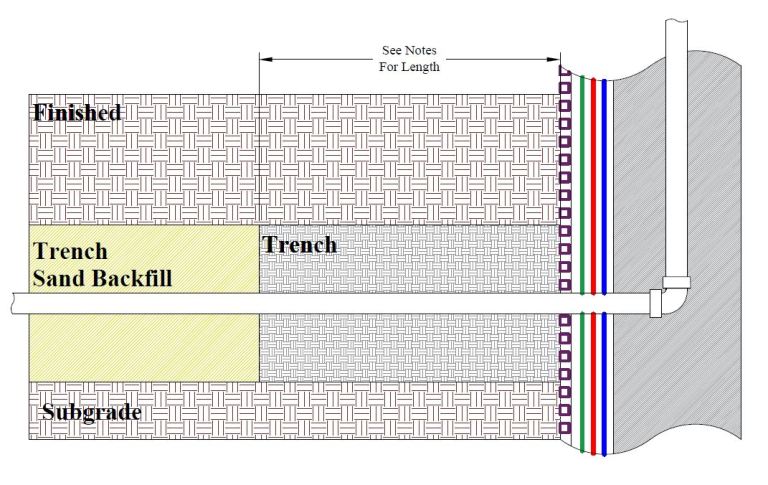Gap-Graded
The term “Gap-Graded” is used by geologists, engineers, and soil scientists in the geotechnical engineering field to describe the gradation of a soil sample, specifically when some particle sizes are missing. Aside from being “gap graded,” a soil sample can be described as “well-graded” (also referred to as poorly sorted), or “poorly graded” (or well sorted). Geologists prefer describing a soil sample in terms of “sorting.” Whereas engineers prefer describing a soil sample in terms of “gradation.”


